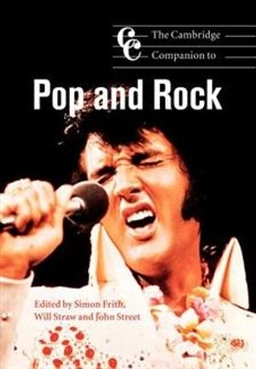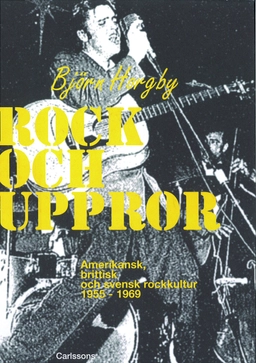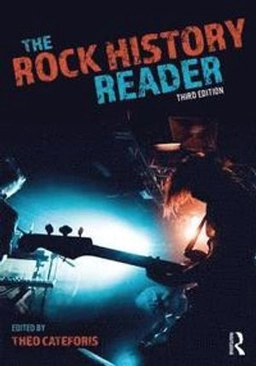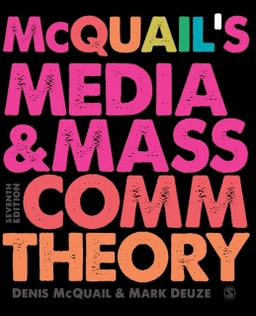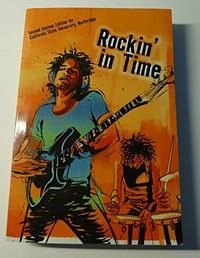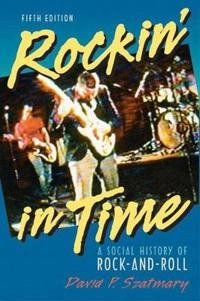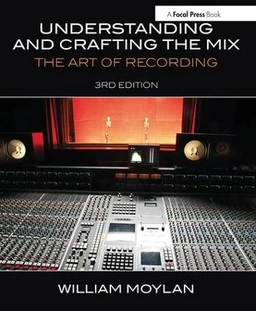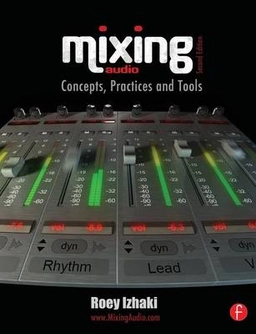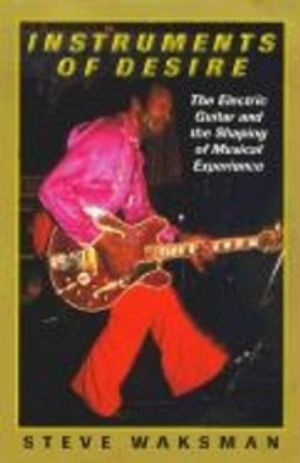

Instruments of desire : the electric guitar and the shaping of musical experience
- Utgiven: 1999
- ISBN: 9780674005471
- Sidor: 384 st
- Förlag: Cambridge, Mass. Harvard Univ. Press
- Format: Häftad
- Språk: Engelska
Om boken
Åtkomstkoder och digitalt tilläggsmaterial garanteras inte med begagnade böcker
Mer om Instruments of desire : the electric guitar and the shaping of musical experience (1999)
1999 släpptes boken Instruments of desire : the electric guitar and the shaping of musical experience skriven av Steve Waksman. Den är skriven på engelska och består av 384 sidor. Förlaget bakom boken är Cambridge, Mass. Harvard Univ. Press.
Köp boken Instruments of desire : the electric guitar and the shaping of musical experience på Studentapan och spara uppåt 49% jämfört med lägsta nypris hos bokhandeln.
Referera till Instruments of desire : the electric guitar and the shaping of musical experience
Harvard
Oxford
APA
Vancouver
